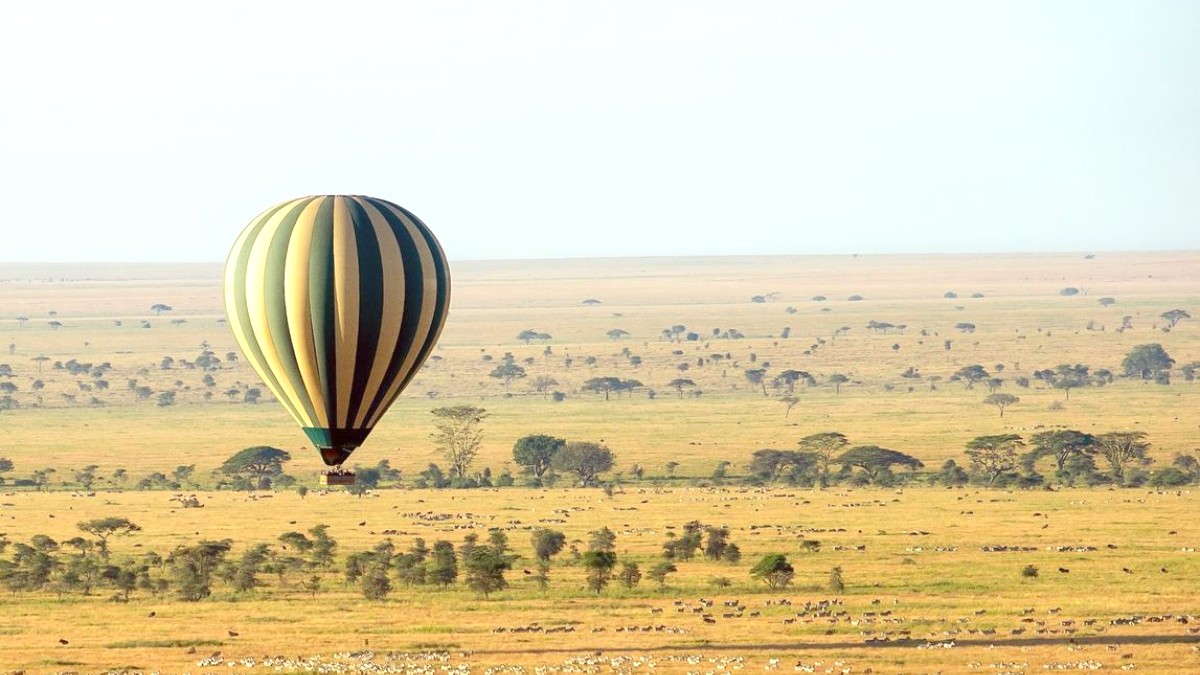
Northern Tanzania, Tanzania
Serengeti National Park, managed by the Tanzania National Parks Authority (TANAPA), is a globally recognized protected area dedicated to preserving ecosystems and wildlife.
Anti-poaching efforts are ongoing. Rangers patrol the park to combat poaching and illegal wildlife trade, safeguarding species for future generations.
Numerous international and local conservation organizations, like the Frankfurt Zoological Society and the Wildlife Conservation Society, actively operate in the Serengeti ecosystem.
Understand how to minimize your environmental footprint while visiting the Serengeti.
Waste management presents a challenge in remote areas like Serengeti. Lodges and camps are encouraged to minimize waste, especially plastics.
Water is a precious resource in many parts of Tanzania, including the dry season Serengeti. Be mindful of water use.
International and internal flights contribute to your carbon footprint. Some safari operators present carbon offsetting programs.
Look for lodges and operators with recognized eco-certifications or a clear commitment to sustainability.
Shop for sustainable equipment and support conservation efforts.
PatagoniaYour small actions contribute to the large goal of conservation. Be a mindful traveler during your Serengeti visit.
Engage respectfully with local communities and understand the economic benefits of tourism.
Support initiatives that genuinely benefit local communities and preserve their heritage. Some safari operators partner with community projects.
Avoid intrusive photography. Do not photograph people without their explicit consent. Be aware of privacy concerns.
Tourism revenues should benefit the local people and economy directly. Support initiatives that channel funds to communities.
Be aware of potential exploitation and harmful activities. Your choices make a difference in supporting ethical tourism.
If you wish to donate, do so through established and reputable organizations. These organizations work on sustainable community development, education, or conservation projects.
Support organizations focused on improving living conditions and infrastructure for local communities.
Contribute to initiatives that enhance educational opportunities and resources for children and adults.
Direct your donations to projects dedicated to protecting wildlife and their habitats within the Serengeti ecosystem.